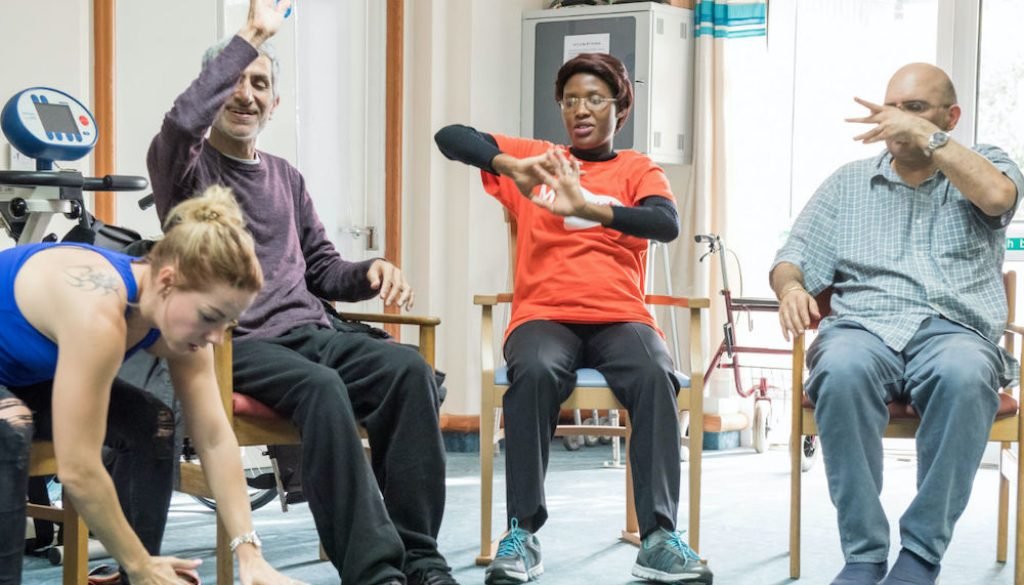Multiple Sclerosis and Fitness
Here are some potential benefits of incorporating fitness into the lives of individuals with multiple sclerosis:
Improved Mobility and Strength: Regular exercise can help maintain and improve muscle strength, joint flexibility, and overall mobility. This can assist in managing some of the physical symptoms associated with MS, such as muscle weakness and spasticity.
Enhanced Cardiovascular Health: Cardiovascular exercise, such as walking, swimming, or cycling, can help improve heart health, lung capacity, and circulation, which are important for maintaining overall well-being.
Mood and Mental Health: Exercise has been shown to have positive effects on mood and mental health. Engaging in physical activity can help reduce stress, anxiety, and depression, which are common challenges for individuals with MS.
Bone Health: Weight-bearing exercises, such as resistance training and weightlifting, can help improve bone density and reduce the risk of osteoporosis, which is important for individuals with limited mobility.
Fatigue Management: While it might seem counterintuitive, moderate and appropriate exercise can actually help manage fatigue associated with MS. It can improve energy levels and reduce feelings of tiredness.
Social Interaction: Participating in group fitness classes or activities can provide opportunities for social interaction, which can be important for mental and emotional well-being.
When considering fitness activities, it’s essential to tailor the exercise routine to an individual’s abilities and limitations. Here are some general guidelines:
Consult a Healthcare Professional: Before starting any exercise program, consult with a healthcare provider who is familiar with your MS condition. They can provide personalized recommendations based on your health status.
Choose Safe Activities: Low-impact activities such as walking, swimming, gentle yoga, or stationary cycling are often well-tolerated by individuals with MS. These activities can provide cardiovascular benefits without placing excessive strain on the joints.
Gradually Increase Intensity: Start with a level of intensity and duration that is comfortable and gradually increase over time. This approach can help prevent overexertion and injury.
Stay Hydrated: Proper hydration is important during exercise, especially for individuals with MS who may be more sensitive to temperature changes.
Listen to Your Body: Pay attention to how your body responds to exercise. If you experience increased fatigue, pain, or any other discomfort, adjust your routine accordingly.
Rest and Recovery: Adequate rest and recovery are essential. Make sure to include rest days in your routine to prevent overtraining and promote muscle recovery.
Remember that every individual’s experience with MS is unique, so what works for one person may not work for another. Finding the right balance between staying active and managing MS symptoms is key, and it’s important to work closely with your healthcare team to develop an exercise plan that suits your specific needs and goals.




